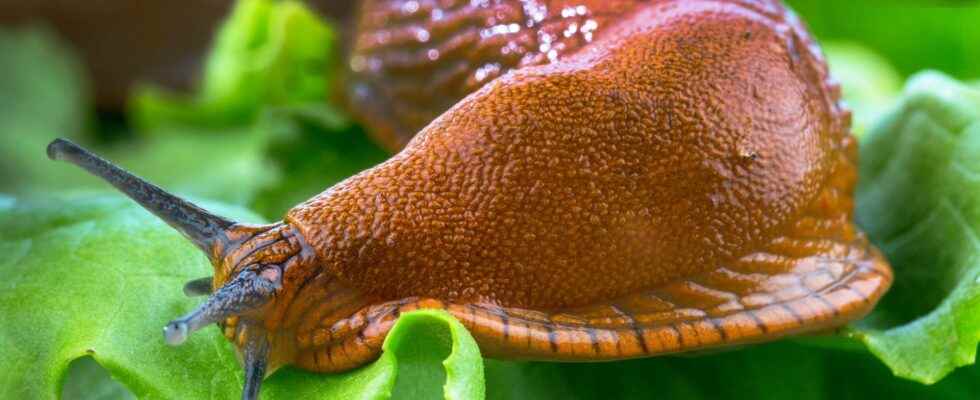Your tomatoes are infested with aphids, your lemon tree is coated with a cottony appearance, revealing the presence of scale insects and your salads are nibbled by slugs, what to do? One thing is certain, avoid chemicals that contribute to destroying the biodiversity of the garden and opt for natural solutions to overcome pests!
You will also be interested
[EN VIDÉO] What is the impact of global warming on insects? Global warming has an impact on insects. It affects the partnership between these animals and plants. Video explanations with Colin Fontaine, from the National Museum of Natural History.
Chemicals and alternatives that kill insects and gastropods are numerous, but they remain disrespectful of the environment and species of the garden. We must not forget that destroying a link in the chain of biodiversityeven on a small scale, inevitably has an impact on theecosystem. The permaculture or the use of natural products is therefore to be greatly favored to keep pests away from your garden!
What are garden pests?
The small animals are everywhere and cheerfully colonize the garden and the vegetable patch. When we talk about pests, we often refer to insect pests or gastropods. There are also parasites of natural origin such as mildew on the tomatoes and the rust on the asparagus or the mintbut also viruses that can be brought by insects. Garden pests become harmful if they act in numbers. This is how fruits, vegetables and plants can be affected.
Garden pests that you may commonly encounter are:
- them beetlesinsect pests of potatoes ;
- slugs and snails, fond of leafy vegetables, aromatic plants and young plants;
- them mealybugsfrequent parasites that feed on sap and weaken olive treesgooseberries, blackcurrants…;
- them red spidersgreedy of leaves of apple trees and vines, they will lead to their fall and slow down the growth of plants;
- them aphidsinvaders of all types of plants, they bite the young shoots and very fine branches which end up deforming;
- the caterpillars, forming colonies, some nibble the outline of the leaves and create cocoons ;
- whiteflies or whiteflies, microscopic larvae white, they attack the sap, favoring the appearance of mushrooms.
What solutions can be implemented in the garden?
In addition to the use of natural products, some solutions can be brought to your garden to limit the spread of pests or in any case, to control it. Thus, do not hesitate to manufacture and install a insect hotel and a ladybug lodge likely to accommodate auxiliary insects, friends of gardeners.
Thus, ladybugs, lacewings, beetles, wasps, bombyles or even dragonflies will come to feed on pests.
You can also install birdhouses in the trees near your vegetable garden. Some of them like sparrows, tits or cute wrens are common and fond of caterpillars, aphids or even larvae. They will be a great help in limiting the spread of pests.
Also be aware that some plants can repel pests. Here is an exhaustive list:
- the smell of marigolds greatly displeases the snails and slugs, aphids, whiteflies or the fly of the carrot ;
- the pepper mint is a repellent against antsflies and spiders, it can also be infused and then sprayed against aphids, whiteflies, etc. ;
- the lavender repels aphids and ants;
- Dalmatian pyrethrum helps control whiteflies, carrot fly, cabbage fly and red spider mites;
- the fennel is a plant hated by slugs and snails;
- the rosemary deters aphids and other pests…
Interested in what you just read?
